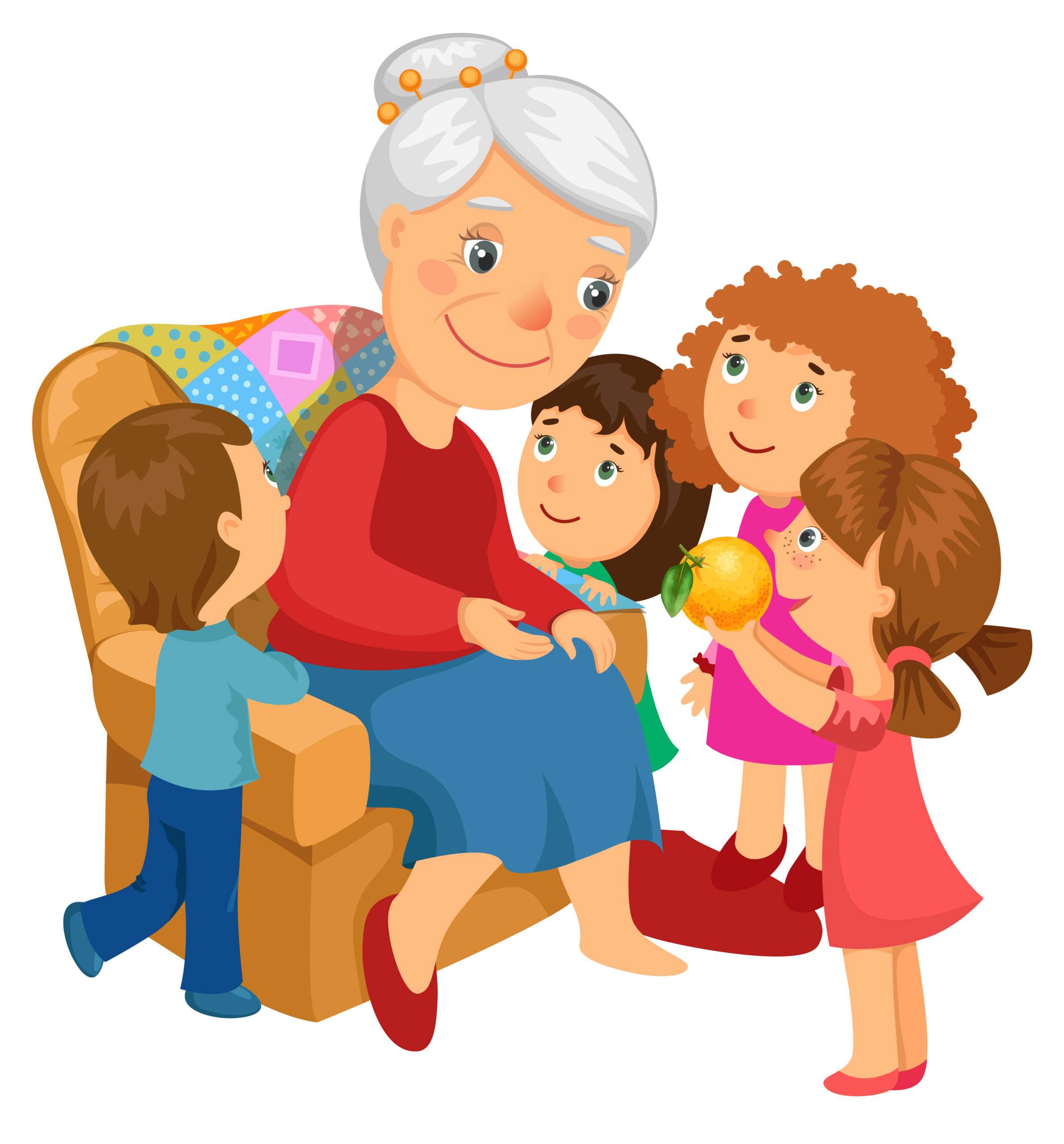Describe an interesting conversation you had with a very old person?
Describe an interesting conversation you had with a very old person? IELTS Cue Card

Image by valadzionak_volha on Freepik
You should say:
- Who this person is?
- Where you have the conversation?
- What you talked about?
- And explain how you felt about the experience?
sample answer (8 bands):
introduction:
Although I have had numerous conversations with people from all walks of life on different occasions, one of them is special and hence worth mentioning.
Who is this person?
I had this engrossing conversation with none other than my grandmother. She was a highly educated, extremely sophisticated, and well-cultured lady. Moreover, the greatest virtues of humanity vis-à-vis honesty, integrity, kindness, dedication, devotion and discipline towards any work, empathy, compassion, and friendliness towards each other have been imbibed in me through her.
Where did you have the conversation?
We all know that the ability to laugh together is the essence of love, and the best opportunity for this is provided by family and friends. They give us strength and support; courage and confidence; love and affection. My grandmother loved me unconditionally, and we used to spend almost all our evenings together.
What have you talked about?
I vividly remember that it was on one fine evening that we discussed the history of our nation. It was basically a discussion on the struggles of the freedom fighters and how they migrated to Punjab after the partition. With a heavy heart, she detailed the hardships everyone underwent during the process. She narrated all the challenges she and her parents faced with a broken heart.
And explain how you felt about the experience?
This discussion brought up a paradigm shift in my thought process. I felt down in the dumps. It taught me that I had to be humble and empathetic to people from diverse backgrounds. After hearing her sad narrative, my heart sank. Seeing my grandmother reduced to tears made me feel terrible.
Some more cue cards you may like:
- describe a street market in your city?
- Describe a time when someone did quite well in a team?
- describe a photo that you took and are you proud of?
Some more writings you may like:
Follow-ups
Here are some examples of follow-up questions that the examiner might ask during your speaking part 3 related to the cue card: “Describe an interesting conversation you had with a very old person.”.
1. Can older adults and young people share the same interests?
Absolutely, older adults and young people can share similar interests, such as in music, the arts, technology, and sports. Shared hobbies can bridge the “generation gap” and foster mutual understanding.
2. What skills can the old teach the young?
Older adults can impart “time-tested” wisdom and practical skills like cooking traditional recipes, managing finances, or crafting. Their life experiences are a “treasure trove” of knowledge for the younger generation.
3. What skills can the young teach the old?
Young people can help older adults stay “in tune” with the latest technologies, social media trends, and modern cultural developments. They can teach skills like using smartphones, social networking, and navigating new software.
4. Do you think older adults should live with their family?
Whether older adults should live with family depends on individual circumstances, but it can be a “win-win” situation, providing family bonding, mutual support, and shared responsibilities. As we know, the ability to laugh together is the essence of love, and the best opportunities for this are provided by family. They provide us with strength and support, love and affection, confidence, and courage.
5. Do you prefer one-to-one conversations or group discussions?
I can facilitate both one-on-one conversations and group discussions. Each has its merits: one-to-one conversations can be “deep and focused,” while group discussions offer a “melting pot” of ideas.
6. Have you ever had a conversation that changed your viewpoint on something?
I don’t have personal experiences, but conversations can indeed be eye-opening, changing viewpoints by presenting new perspectives or “shedding light” on overlooked aspects of a topic.
7. What role does active listening play in maintaining an interesting conversation?
Active listening is “the key” to an engaging conversation, ensuring that all parties feel heard and valued, which can turn a mundane exchange into a “rich dialogue.”
8. What are some essential qualities of being a good conversationalist?
A good conversationalist is like a “seasoned chef” with ingredients—knowing when to speak, listen, and ask questions. They should also be empathetic, articulate, and knowledgeable, able to “stir the pot” with intriguing insights.
9. How can technology enhance the quality of conversations?
Technology can “bridge distances” and enhance conversations through video calls, real-time language translation, and accessibility tools, making it easier to connect and share ideas across the globe.
10. Is it important for people to have deep, meaningful conversations regularly?
Having deep, meaningful conversations regularly is “food for the soul,” helping to deepen relationships, foster emotional health, and promote a shared understanding among individuals.
One thought on “An interesting conversation you had with an old person?”